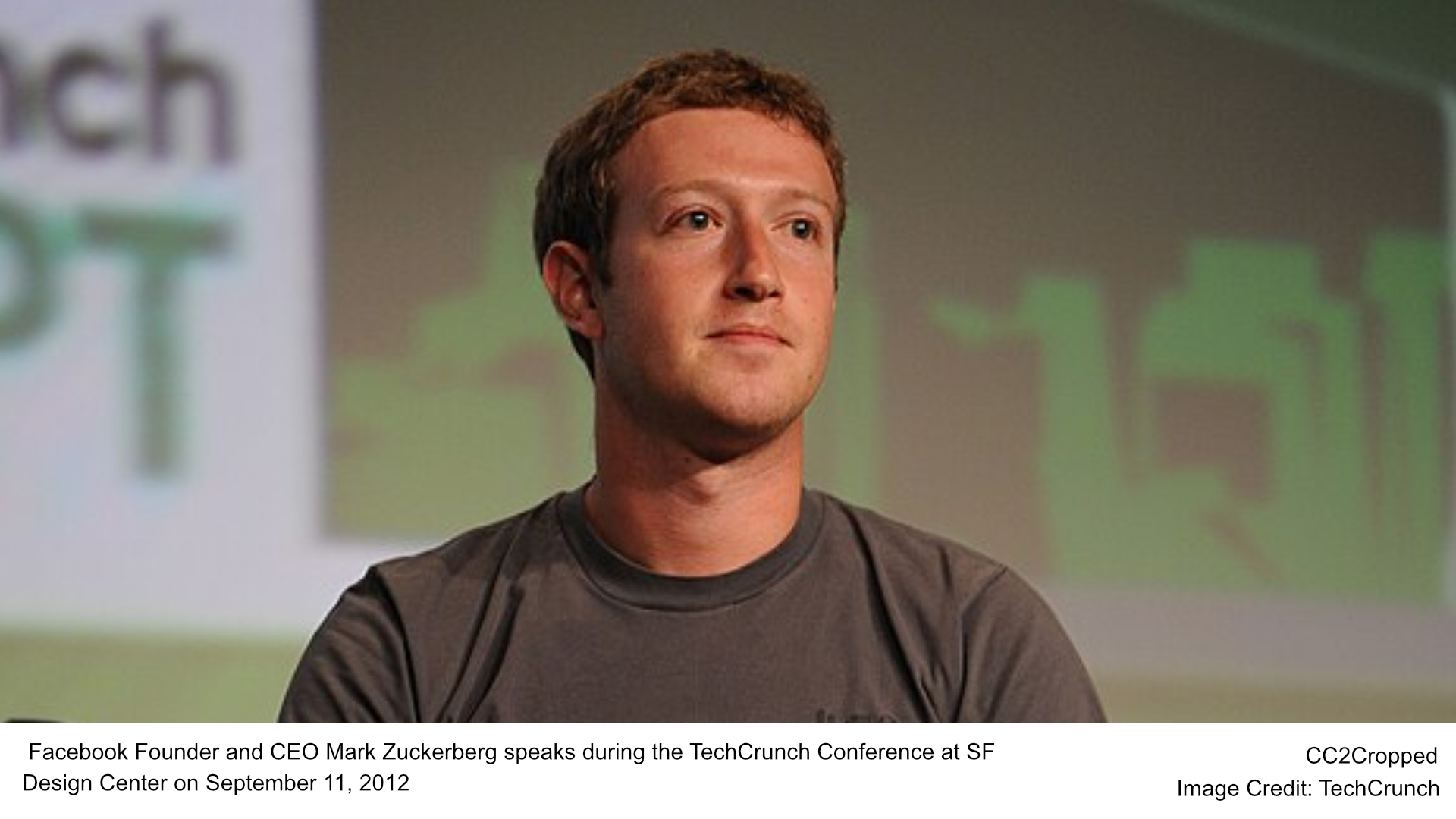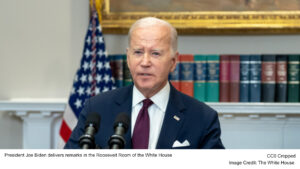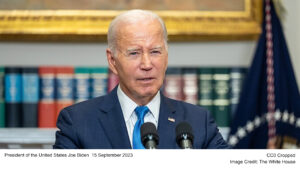Meta has announced a significant shift in its diversity, equity, and inclusion (DEI) programs, aligning with the company’s recent changes to its content moderation policies. CEO Mark Zuckerberg discussed these developments during a recent episode of the Joe Rogan Experience podcast, emphasizing a return to “masculine energy” and free expression.
- Shift in DEI Programs: Meta has ended its diversity, equity, and inclusion (DEI) programs, citing changing perceptions and legal frameworks surrounding these initiatives.
- Cultural Emphasis: CEO Mark Zuckerberg advocates for embracing “masculine energy” and celebrating positive aggression, coinciding with policy changes favoring free expression.
- Content Moderation Overhaul: Meta replaced its fact-checking system with Community Notes and adjusted “Hateful Conduct” policies, permitting criticism of gender identity and other controversial topics.
- Response to External Pressures: Zuckerberg highlighted the impact of governmental pressure during the pandemic and recent elections, signaling a departure from past approaches to content moderation.
Zuckerberg criticized the cultural shift that, in his view, mischaracterizes masculinity as harmful. Drawing from his experiences in martial arts, he argued for a culture that celebrates aggression positively. These sentiments coincide with Meta’s decision to end its DEI programs, citing changes in the legal and policy landscape.
The company’s vice president of human resources, Janelle Gale, explained that DEI has become a charged term, often perceived as favoring certain groups. Meta’s policy overhaul also included the removal of transgender and nonbinary customization themes from its Messenger app and changes to its “Hateful Conduct” policies, allowing criticism of gender identity.
In addition to these cultural shifts, Meta has replaced its fact-checking mechanism with Community Notes, a system similar to the one used by Elon Musk on X. Zuckerberg acknowledged past efforts to address misinformation but admitted that too much censorship occurred, particularly during the COVID-19 pandemic.
Zuckerberg noted that the company faced significant pressure during the Biden administration’s vaccine rollout, which led to the removal of dissenting voices. He described the recent presidential election as a pivotal moment for cultural and policy changes.
Meta’s changes reflect a broader trend among major companies rolling back diversity initiatives following the election of President-elect Trump. As these shifts unfold, Meta aims to foster free expression and reduce ideological censorship on its platforms.







Be First to Comment